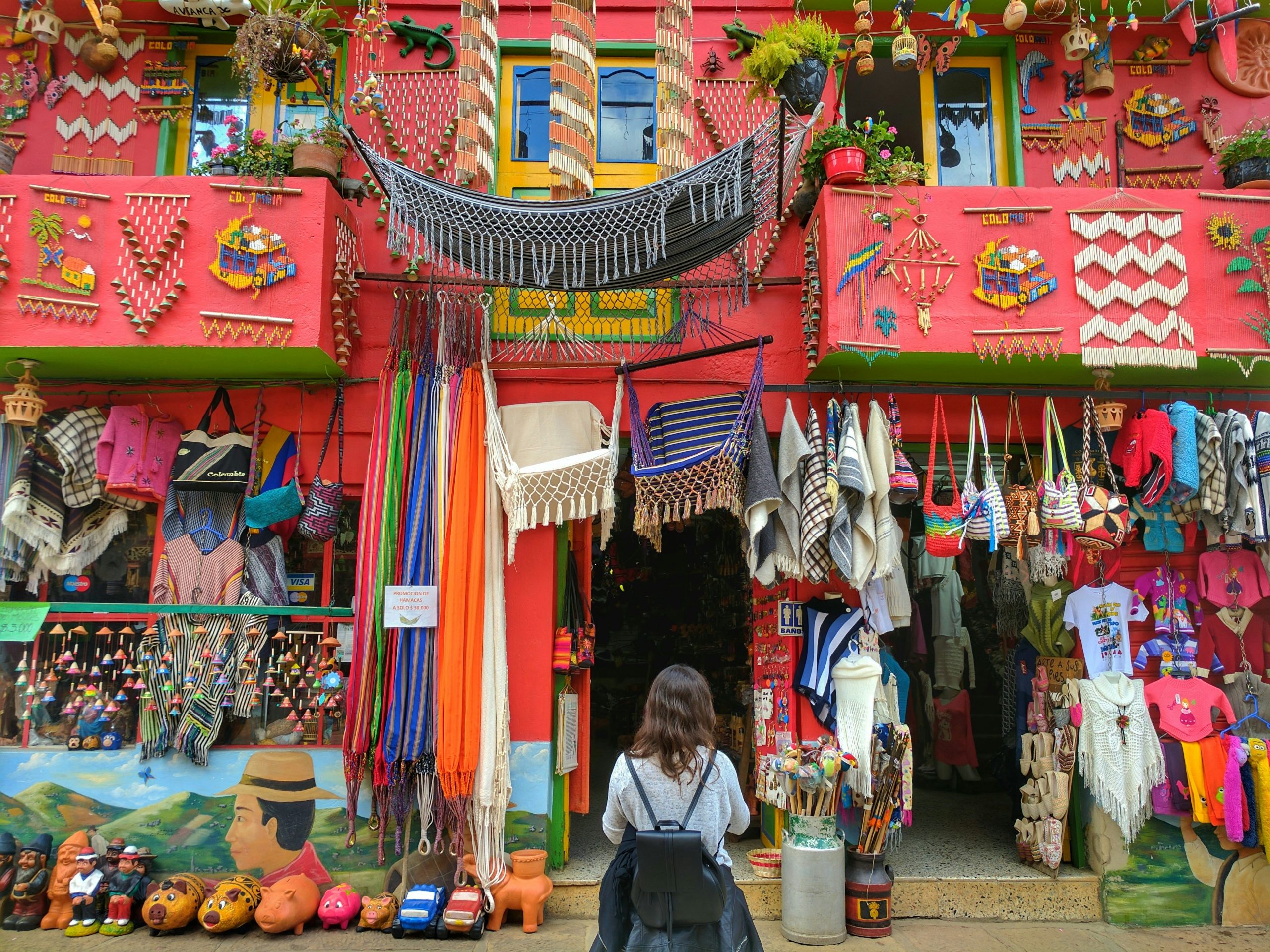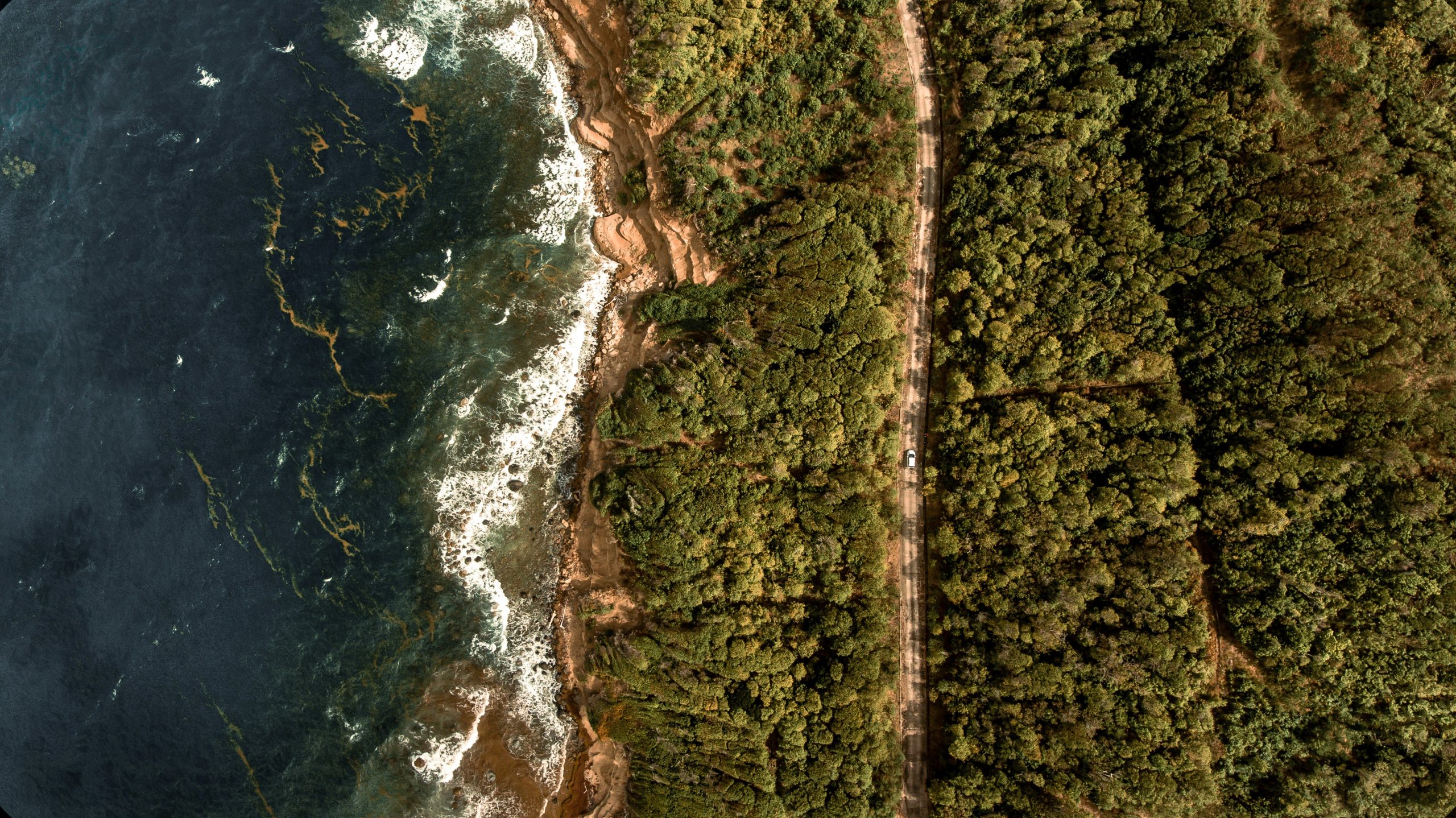The Synergy Between Fine Dining and Global Restaurant Operations: Chef Richard Sandoval’s Success Case
On the road to business success, opportunities and passions don’t always emerge predictably. Sometimes, life’s circumstances and decisions take us in directions we could never have imagined, leading us to discover new vocations and ventures. As a gastronomy enthusiast, I’m drawn to exploring cases where strategic vision and adaptability drive a story of success. Recently, I came across the inspiring story of Mexican chef Richard Sandoval, whose career embodies a unique entrepreneurial transformation. Surprisingly, Sandoval didn’t start his career in the kitchen like many chefs. Initially, his main interest was sports—specifically tennis—and it wasn’t until later, due to unforeseen events, that he discovered his true passion for gastronomy. Chef Sandoval has transformed that passion into a global operation that combines culinary excellence with an ambitious business strategy. Throughout his career, Sandoval has received accolades that attest to his contributions to fine dining, including the prestigious National Toque d'Oro, one of Mexico’s most esteemed awards. Furthermore, his impact on the industry has been recognized in outlets like Inc. Magazine, where he was named one of the “10 Most Inspiring Business Leaders,” a notable achievement in the restaurant world and a testament to how he has leveraged every opportunity to grow and expand
Financial Technologies (Fintech): The Sector That Continues to Capture Investors’ Attention
As the business world evolves, sectors that manage to adapt and innovate are the ones leading the change. Among these, fintech (financial technology) stands out for its ability to integrate technology with financial services, improving and automating processes that were once complex and manual. From digital payments to investment management and insurance, fintech is revolutionizing the way we interact with money. A recent study by the Inter-American Development Bank (IDB) and Finnovista reveals an impressive growth in fintech in Latin America, with a 340% increase in the number of startups in recent years. Brazil leads the region with 24% of these ventures, followed by Mexico and Colombia. By 2030, fintech is expected to generate up to $1.5 trillion in revenue, a figure that reflects the growing impact of this sector. Globally, fintech investment reached $75.2 billion in 2022, though this represented a 46% decrease compared to 2021. However, investors continue to see this sector as a unique opportunity, driven by market expansion and the rising valuation of these companies. The outlook remains favorable for fintech companies that adapt to business needs and add value through innovation. According to Forbes, startups like DataSnipper have gained prominence. This fintech, which uses artificial intelligence to automate
Innovations in the Food Industry to Combat Climate Change
In recent months, we’ve witnessed the growing impact of climate change, with record-breaking temperatures globally, marking some of the hottest conditions we’ve ever experienced. Many of these changes are a direct result of human activity, and one contributing factor is the food industry. However, in recent years, several measures have been implemented to reduce the ecological footprint left by this sector. As a gastronomy enthusiast, I wanted to explore the innovative measures the industry is implementing to mitigate these effects. One of the most significant approaches is sustainable agriculture, driven by technological advancements like precision farming. These technologies are reshaping food systems to address global challenges, such as climate change. And, as expected, artificial intelligence (AI) is playing an increasingly important role. Among the companies leading the charge is Seabex, a French company offering solutions powered by AI based on data insights. This technology is specifically designed to support farmers, who are on the front lines of water scarcity and climate change. With this technology, farmers not only optimize water usage but also improve crop yields. According to a report by Medium, Seabex has demonstrated that this technology is already revolutionizing small-scale farming practices, reducing water usage by up to 20% and boosting
Success Stories in Sustainable Tourism: Best Practices That Transform Destinations
Today, sustainability has become a fundamental pillar across all industries, and the tourism sector is no exception. This sector is seizing the opportunity to adapt to new trends and consumer demands, as well as to the objectives set out in the 2030 Agenda and the Sustainable Development Goals (SDGs), promoting a green economy. Within this green economy framework, sustainable tourism emerges as a key strategy that goes beyond the environmentally conscious traveler. It is a model where the destination, acting as the host, aims to meet the needs of visitors and industries while preserving natural and cultural resources without compromising future generations. The United Nations (UN) outlines three core principles for sustainable tourism: Make optimal use of environmental resources. Respect the sociocultural authenticity of communities, including architecture and traditions, among others. Ensure long-term economic activities that help reduce poverty. In recent years, sustainable tourism has experienced significant growth. According to Statista, the ecotourism market, an integral part of sustainable tourism, reached over $196 billion in 2023. A report by Booking also revealed that 76% of travelers are interested in traveling more sustainably, showing a trend toward more conscious travel. In fact, the same report highlighted that 43% of travelers are willing to pay
The Best Cities to Enjoy MICHELIN Restaurants
As Confucius once said, “to know how to eat is to know how to live,” a phrase that invites us to appreciate food both for the pleasure of enjoying a great dish and for the nutritional benefits it provides. Without a doubt, eating is a pleasure for many, so much so that the tourism sector has a category dedicated exclusively to it: gastronomic tourism. For travelers, gastronomic tourism is a strong motivation when considering a destination. According to a report by La República, a survey conducted by the travel website Booking revealed that 88% of respondents consider tasting local cuisine as one of the main reasons for choosing a destination. If traveling is on your agenda for the rest of the year, here are some top cities you might consider for a unique culinary experience, as they are renowned for their gastronomic offerings centered around Michelin-starred restaurants, which have gained much popularity. According to the latest figures published last year, Tokyo leads with 200 Michelin-starred restaurants, with ratings ranging from 1 to 3 stars. Following this, 9,706 km away, Paris has 130 Michelin stars. And to not leave it there, I also want to share two restaurants in each destination that, may
The Impact of the Orange Economy on the Development of Emerging Tourist Destinations
In recent years, I have witnessed the growth and significance of the orange economy, which has made a substantial contribution to the gross domestic product (GDP) of various countries. This is particularly notable in Latin America, where growth is evident in areas such as job creation and exports. Mexico is a standout example; according to a report published by Wortev Capital a few years ago, this industry accounted for 3.1% of national employment. Before continuing, it is essential to briefly review that when we refer to the “orange economy,” we are talking about creative and cultural industries that drive economic growth through job creation and social development while promoting creativity, innovation, art, and artistic expression. According to UNESCO, these industries represent 3% of the global GDP. The orange economy has a significant impact on tourist destinations, serving as a diversification mechanism that reduces reliance on traditional sectors. Among the emerging tourist destinations fostering this industry is Colombia, which has developed tourism routes in cities like Medellín and Bogotá, where urban areas have been revitalized, jobs were created, and local urban art, music, and cuisine have served as an attraction to international tourists. Another notable country is Brazil, where the orange economy is prominently
Green Business: Entrepreneurial Initiatives Addressing Sargassum
Every day, we become more vulnerable and impacted by the effects of climate change, which significantly affects countries and their economies. A prime example is the sargassum seaweed problem, a global issue that has greatly impacted tourism and the economies of various regions, particularly in coastal areas such as the Caribbean and the Gulf of Mexico. A clear illustration of the risk sargassum poses to the economy and tourism is Quintana Roo, Mexico. In 2019, its tourism activities saw a reduction of between 2.2% and 5% due to the arrival of sargassum. The impact on tourism is mainly due to the foul odors and unattractive appearance caused by the accumulation of sargassum, making it less appealing to tourists and local community. This situation also creates blockages and an obstacle for recreational activities such as swimming, diving, and snorkeling. Consequently, these factors negatively affect the economy by reducing the revenue generated from tourism-related visits and activities. Moreover, the investment in cleanup efforts involves significant and recurring costs to keep the area clean and appealing. Additionally, local fishing and businesses are affected due to fewer visits to restaurants, hotels, and shops nearby. In the Caribbean region, sargassum also poses a barrier to those engaged
Investing in Wellness: How Hotels are Integrating Health and Wellness Spaces to Attract New Clients
In recent years, wellness and health have become crucial and non-negotiable factors globally, driving a growing trend in tourism and hospitality. According to a McKinsey study, 79% of respondents view their wellness as a top priority. This article will briefly explore the rise of health and wellness in the sector and how the hotel industry is capitalizing on this trend. Beyond creating new business opportunities and profitability, hotels aim to be a key destination for those seeking relaxation with wellness as a main focus. When we talk about wellness tourism, it’s essential to highlight that this concept involves people traveling to various destinations with purposes beyond just vacation. These travelers seek to care for their mental and emotional health while enjoying their stay. This type of tourism accounts for about 17% of global tourism spending. According to research from RunRepeat, the global wellness tourism sector is expected to reach $1.2 trillion by 2027. This makes it crucial for businesses in this sector to adapt to these trends to ensure their continued success and relevance in the market. A successful case of this integration is Hyatt Hotels, an international chain known for offering unique wellness-focused experiences. One notable example is the Grand Hyatt Playa
Economic Impact of the Paris Olympics 2024: An Analysis of Key Sectors
Reflecting on the recent 2024 Olympic Games, it is clear that this sporting event has left a significant economic mark, not only in terms of infrastructure investments but also in key sectors such as tourism and job generator, as well as an intangible return on reputation for the host country and sponsoring brands. This article provides a brief analysis of the Olympics' impact on these critical areas and how they have contributed to the grow of the French economy. Impact on Tourism and Job Creation The Olympics, held every four years, is one of the world's largest sporting events, drawing the attention of millions fans globally. As a result, the host country becomes the center of attention, with France anticipating the arrival of 11.3 million visitors in Paris during the 2024 Olympic Games. This sum includes both spectators of the Olympic events and tourists who took the opportunity to visit the city. In addition to the direct benefit of increased visitors, the country also sees positive effects in other sectors tied to tourism, such as hotels, restaurants, museums, and transportation services, many of which were modernized and upgraded specifically for this event. Total Economic Impact on Paris from the 2024 Olympic Tourism The economic impact
Impact of AI on the Future of Operational Management in Business
I'm sure by now you've heard countless times about the positive impact that artificial intelligence (AI) has when implemented in businesses as a mechanism for innovation and efficiency in operational management. Today, I can tell you that this is only the beginning, so prepare yourself for the coming years when you will continue to hear about this topic and success stories of companies taking advantage of this opportunity and leveraging the advances of this technology. All signs indicate that companies will increase their investment in artificial intelligence in the coming years. A few months ago, La República shared an article on "Artificial Intelligence in Latin America," published by MIT Technology Review. Among the relevant data from the research, it was mentioned that 60% of the companies in the sample started incorporating artificial intelligence in the last three years, and 20% did so in 2023. Furthermore, 71% of the companies recognized that artificial intelligence has enormous potential for their businesses, and those with the most leadership in the field plan to allocate 15% of their technology budget to artificial intelligence in the coming years. A success case where the implementation of artificial intelligence plays a crucial role is Amazon, as reported by The










